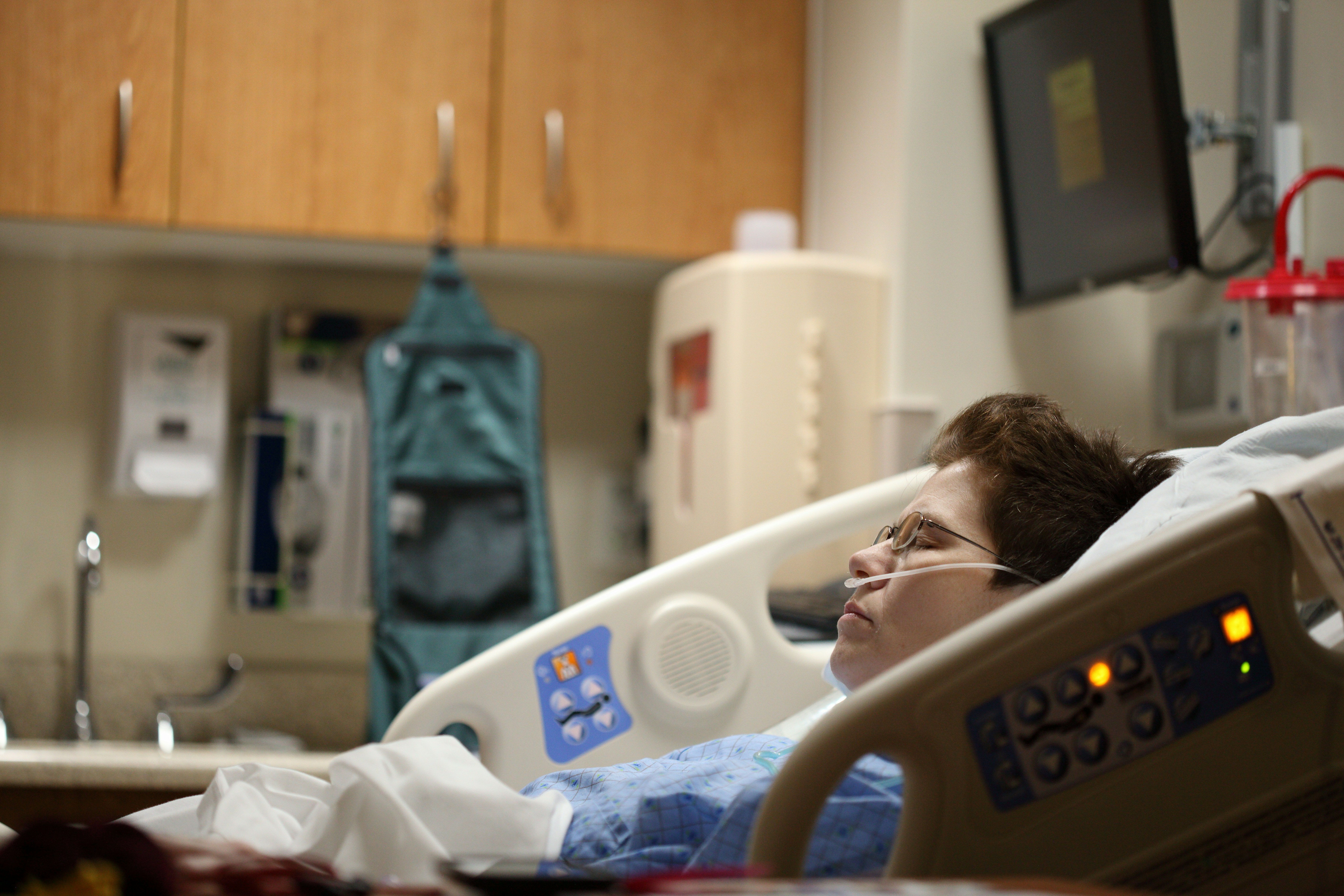
For many, the term ‘trauma’ evokes memories of emotional or psychological distress. But there is another aspect of trauma that often flies under the radar—the physical and psychological recovery following severe injuries. These life-altering events, be they from accidents, sports, or any mishap, demand a robust recovery path for many reasons. Understanding the layers of trauma recovery can steer the conversation in a direction beneficial for treatment, rehabilitation, and support.
The Immediate Aftermath
Injuries are more than just physical setbacks; they impact almost every facet of a person’s life. The initial phase of recovery is typically marked by physical pain, medical interventions, and, inevitably, an emotional toll. The body, in its remarkable way, responds with inflammation and the mending process begins. From setting bones to healing lacerations, this phase is an intricate dance of medical science and the human spirit.
Yet the physical tangent often leads quickly to isolation, particularly due to limitations posed by injuries. The inability to continue with life as usual bears heavily on patients. Sometimes, this manifests in withdrawal from social life, feelings of dependence, and even depression.
During this period, the injured often confront the reality of vulnerability, a reckoning with their physical and mental limitations that can be humbling. It is a vital juncture where resilience and perseverance lay the groundwork for the arduous road ahead. Those around the injured, from medical staff to loved ones, play a significant role in bolstering a sense of security and hope. An adjunct of clinical care is the emotional encouragement to recognize that the next steps, though daunting, are indeed possible.
Psychological Recovery: A Delicate Alignment
While the body knits itself together, the mind engages in its form of healing. Psychological recovery proves just as important, if not more so, as the physical aspect. This healing journey with professionals can be empowering. From physical therapists working on mobility and endurance to psychologists addressing trauma responses, a multidisciplinary approach is necessary.
Burn injuries, for instance, present unique challenges that compound the recovery process. Addressing both the physical effects and emotional scars requires specialized care. Legal support may also come into play, guiding individuals through the process of seeking compensation and ensuring that their voices and needs are acknowledged in the broader context of recovery. For many, it becomes vital to explore avenues such as burn injury representation, underscoring the multifaceted approach required during trauma recovery.
Many also rely on support groups and therapy sessions to reconcile with their changed realities. These platforms facilitate the exchange of feelings, fears, and anticipations, offering relief through shared experiences. Acknowledging emotional changes is vital, embracing the depression and anxiety that often accompany physical trauma.
The mental road to recovery is often characterized by peaks and valleys. Initial victories, such as the first unassisted step or the lifting of a small weight, often instill optimism. Yet, these accomplishments can be overshadowed by backslides, triggering frustration or disillusionment. It is here that psychological support becomes imperative, aiding individuals in navigating the emotional complexity inherent in the recovery process. Professional counselors and therapists are important in understanding these feelings, ensuring patients recognize each setback as a learning experience rather than a failure.
The Role of Rehabilitation
The rehabilitation phase combines physical therapy with mental conditioning. This step demands perseverance and patience, teaching individuals new ways to move and function. Within the confines of rehabilitation lies the possibility of regaining independence, even if it vastly differs from pre-injury realities. Skilled therapists ensure alignment between physical capabilities and mental resilience.
This stage often involves goal-setting, which can reframe the recovery narrative. These goals provide measurable milestones, emphasizing progress rather than limitations imposed by injuries. Whether it’s walking a certain distance or regaining complete mobility, achievements, no matter how small, invigorate the recovery journey.
As individuals advance through rehabilitation, there’s an unspoken acknowledgment of strength drawn from adversity. Each session builds upon the last, providing a framework for achievement beyond mere physical capability. Here, persistent encouragement from therapists and the visible signs of progress act as catalysts in the patient’s perception of self-efficacy. Rehabilitation becomes less about regaining lost abilities and more about reinforcing newfound strengths, fostering an outlook where successes, no matter how incremental, empower individuals to envision a vibrant future.
Support Systems: Unseen Threads
Every recovery story runs parallel to a support system, a tapestry woven of family, friends, and care providers who steer the injured along their path. Vital to recovery is the way family and friends perceive and react to the changes in their loved one’s physical and emotional state. The understanding and patience exhibited by those close is immeasurable, offering psychological stability to those fighting trauma.
Meanwhile, healthcare providers give their expertise, while peers in recovery offer shared camaraderie. Together, these components buttress an environment where individuals can express, explore, and challenge themselves with renewed confidence. Without these anchors, recovery might be overwhelming, sometimes even bleak.
Within these support systems, communication is fundamental. Encouraging open lines of dialogue allows individuals to voice their fears, frustrations, and triumphs, reducing the silos of isolation that often accompany trauma recovery. This sense of being heard and understood fosters community resilience, which not only benefits the injured but also enriches relationships within the support network, creating a nurturing backdrop for holistic healing.
The Road Ahead
Trauma recovery post-severe injuries is a dynamic process, a phase that reshapes individuals and their perceptions of strength and resilience. The hurdles encountered redefine what living means, yet at the core of recovery lies a single truth: the human spirit is irrevocably resilient.
As research and patient anecdotes illuminate the depths of trauma recovery, society must continue championing comprehensive and inclusive care paths. This safeguard against physical and mental setbacks ensures that recovery isn’t merely a return to what once was, but a journey towards feeling whole again.
